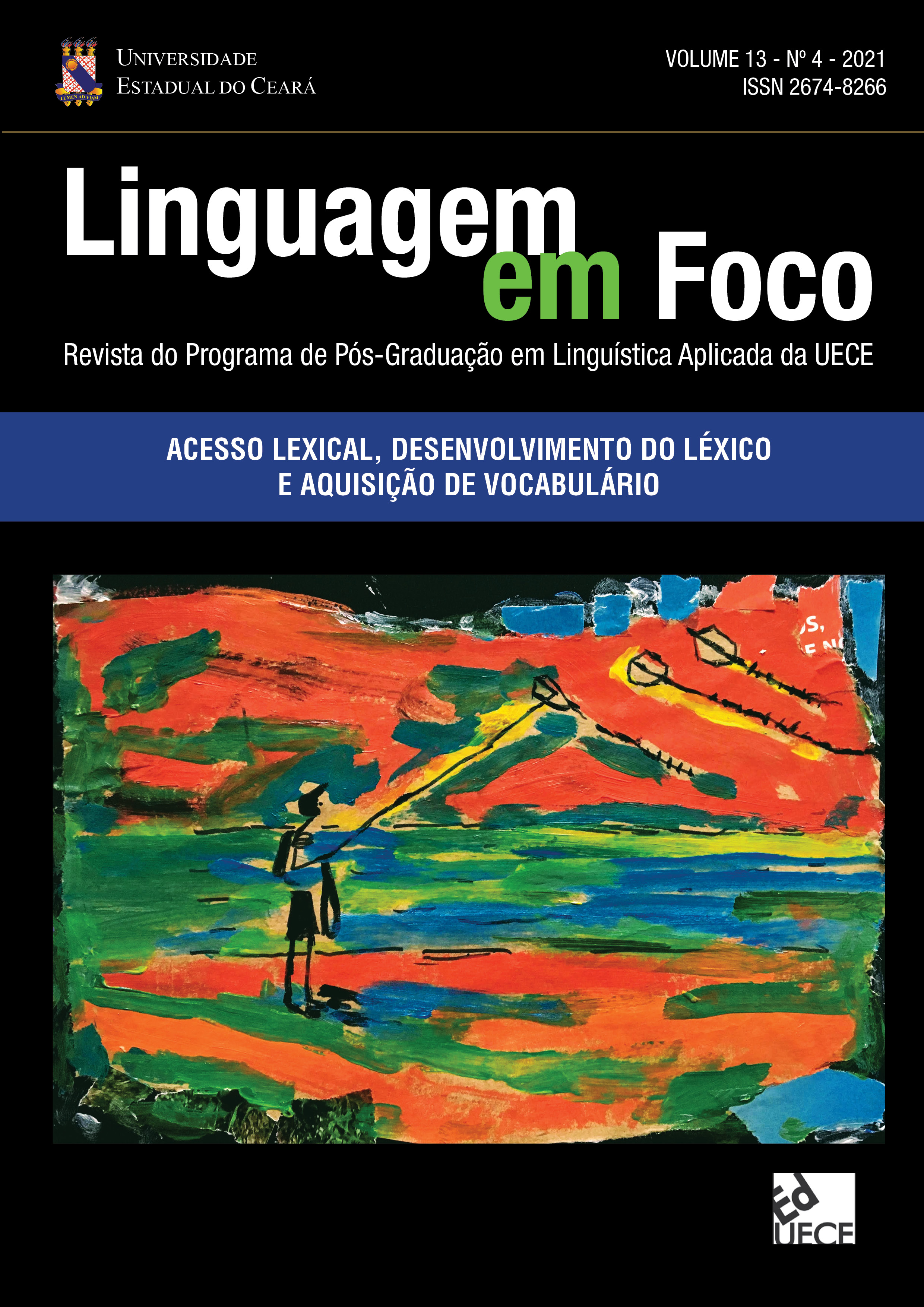An interview with Judith Kroll
The trajectory of studies in bilingual lexical access and directions for the future of research
DOI:
https://doi.org/10.46230/2674-8266-13-7343Keywords:
Bilingualism, Lexical access, CognitionAbstract
This work is an interview carried out in California, with researcher and psycholinguist Judith Kroll, whose work is well respected around the world, in the field of Bilingualism and Cognition. Dr. Kroll tells us about her trajectory in researching bilingualism, as well as what we have already discovered about bilingual cognition, through studies conducted over the last 30 years. In addition, Dr. Kroll points out plausible directions for the continuity of future research in this area. Dr. Judith Kroll has several international awards as a researcher, and as such she runs a famous international research laboratory called Bilingualism, Mind, and Brain Lab at the University of California, in Irvine. This Fall 2021, I had the opportunity to participate as a visiting scholar at the University of California with Dr. Kroll, this brilliant researcher of bilingualism and cognition. My goal is to bring this knowledge to Brazil, to share it with professors and researchers in the area of psycholinguistics of bilingualism.
Downloads
References
Beatty-Martinez, A.L. Titone, D.A.(2021) The Quest for Signals in Noise: Leveraging Experiential Variation to Identify Bilingual Phenotypes, Languages,6,168.
Gullifer & Titone. (2020). Characterizing the social diversity of bilingualism using language entropy. Bilingualism: Language and Cognition.
Kroll, J.F., Stewart, E. (1994). Category Interference in Translation and Picture Naming: Evidence for Asymmetric Connections Between Bilingual Memory Representations, 1994.
Pierce, L. J., Klein, D., Chen, J. K., Delcenserie, A., & Genesee, F. (2014). Mapping the unconscious maintenance of a lost first language. Proceedings of the National Academy of Sciences, 111(48), 17314-1731.
Potter, M. C., So, K.-f., von Eckardt, B., & Feldman, L. B. (1984). Lexical and conceptual representation in beginning and proficient bilinguals. Journal of Verbal Learning & Verbal Behavior, 23(1), 23–38. https://doi.org/10.1016/S0022-5371(84)90489-4
Published
How to Cite
Issue
Section
License
Copyright (c) 2022 Luciana de Souza Brentano, Judith Kroll

This work is licensed under a Creative Commons Attribution 4.0 International License.
Authors who publish in Linguagem em Foco Scientific Journal agree to the following terms:
- Authors retain the copyright and grant the journal the right of first publication. The articles are simultaneously licensed under the Creative Commons Attribution License which allows sharing the work with an acknowledgement of its authorship and initial publication in this journal.
- The concepts issued in signed articles are the absolute and exclusive responsibility of their authors. Therefore, we request a Statement of Copyright, which must be submitted with the manuscript as a Supplementary Document.
- Authors are authorized to make the version of the text published in Linguagem em Foco Scientific Journal available in institutional repositories or other academic work distribution platforms (ex. ResearchGate, Academia.edu).





























